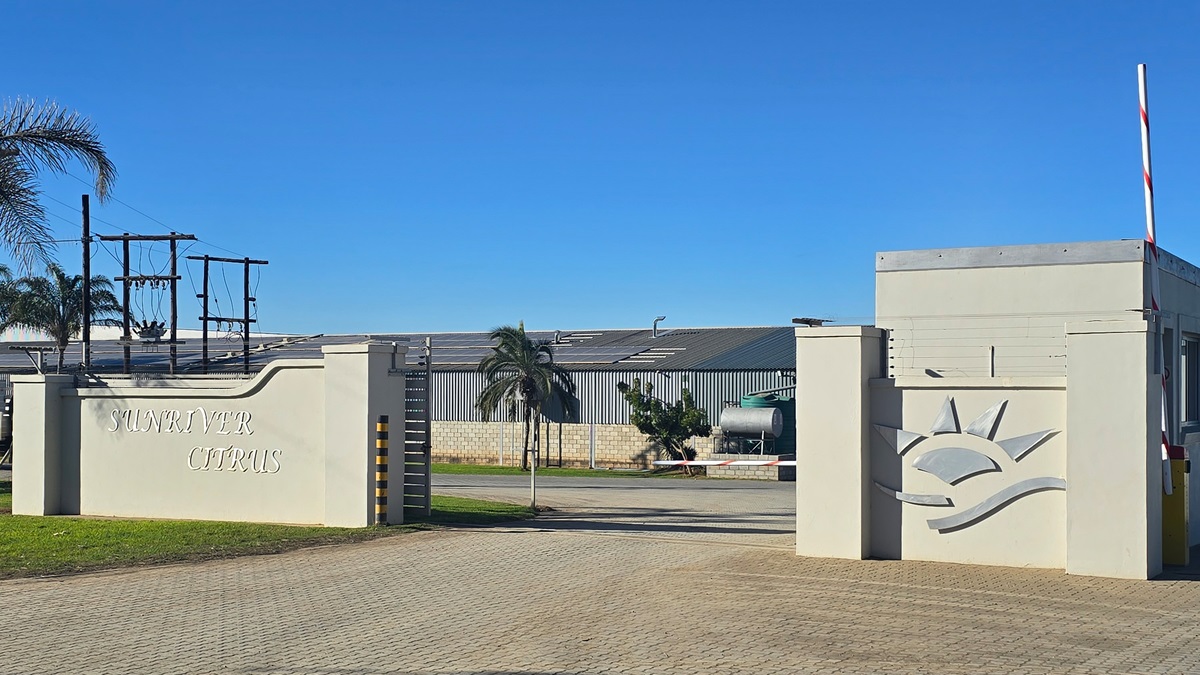Conditioning , Processing
TOMRA Food spotlights artificial intelligence and demonstrates sorting, grading, and packing solutions at Fruit Logistica Berlin
TOMRA Food treated visitors to its stand at Fruit Logistica Berlin last week (Berlin Messe, 8-10 February) with 3D footage of its sorting, grading, and packing solutions in action, and gave a presentation on the event?s Tech-Stage to spotlight how the food industry can benefit from Artificial Intelligence and machine learning. The company showcased solutions from both its business areas, TOMRA Fresh Food and TOMRA Processed Food. Fruit Logistica is the world's leading fresh produce industry event. Held annually at the Berlin ExpoCenter City, it typically attracts more than 40,000 trade visitors from over 120 countries.
22 February, 2023
TOMRA Food treated visitors to its stand at Fruit Logistica Berlin last week (Berlin Messe, 8-10 February) with 3D footage of its sorting, grading, and packing solutions in action, and gave a presentation on the events Tech-Stage to spotlight how the food industry can benefit from Artificial Intelligence and machine learning. The company showcased solutions from both its business areas, TOMRA Fresh Food and TOMRA Processed Food. Fruit Logistica is the world's leading fresh produce industry event. Held annually at the Berlin ExpoCenter City, it typically attracts more than 40,000 trade visitors from over 120 countries. Three-dimensional footage of sorting, grading, and packingTOMRAs exhibition focused on four key themes: Equipment efficiency and optimization through product solutions; innovation, most recently through Artificial Intelligence and the TOMRA Insight data platform; the voice of the customer, sharing customer case studies and highlighting how TOMRA puts customers needs at the heart of everything it does; and TOMRAs commitment to working with key partners in many regions around the world. In fact, TOMRAs stand adjoined that of its integrated business partner ICOEL, which designs and manufactures fruit handling, processing, and packaging equipment. The sophistication of TOMRAs solutions could clearly be seen on the large, 2.2 meters-tall and 2.5 meters-wide hologram machine. This showed, in 3D animations and video, a wide range of TOMRAs solutions: the TOMRA 3A, TOMRA 5A, TOMRA 5B, TOMRA 5C, and TOMRA 5S Advanced sorters; the Cascade Singulator for cherry singulation; the CURO-16 small-fruit packing system; the KATO precision grading system for blueberries; the worlds most powerful fresh produce grading platform, Spectrim, with the UltraView inspection module; and the Inspectra² internal inspection system. TOMRAs stand also showed publicly for the first time its Adaptive Rate Controller for large fruit, and the next-generation user interface for Spectrim and for the InVision 9.0 Small Fruit Sorter for cherries. The Adaptive Rate Controller (ARC) optimizes sorter input, using an infeed-mounted camera and pre-trained AI models to maintain consistent incoming fruit volume by continuously counting fruits on a roller elevator and autonomously adjusting infeed speed. Spectrim 5.0 is even easier to use than its predecessor, enabling the same grade rules and outcomes to be achieved with half the cutpoints, and has new algorithms which further improve blemish tracking, sizing, and grading. Speech highlights the value of data and AIOn the second of Fruit Logisticas three days, TOMRA Fresh Foods Head of Innovation, James French, gave a 45-minute presentation on the events Tech-Stage. This opened by asking: What sort of impact will Artificial Intelligence have on the food industry? and concluded by reviewing what difference AI can make to day-to-day operations. James reminded the audience that AI is essentially the ability of computers to mimic human thought and decision-making and that machine learning is a key AI technique made possible by a combination of software algorithms and data. AI is well-suited to food processing because sorting and grading machines are rich sources of data and because these machines have to solve complex optimization problems while responding to the impacts of seasonality and variable crop quality. AI is already employed in some of TOMRAs sorting and grading solutions, and is set to become increasingly important as a way of improving operational efficiency, reducing food waste, and maximizing value.











